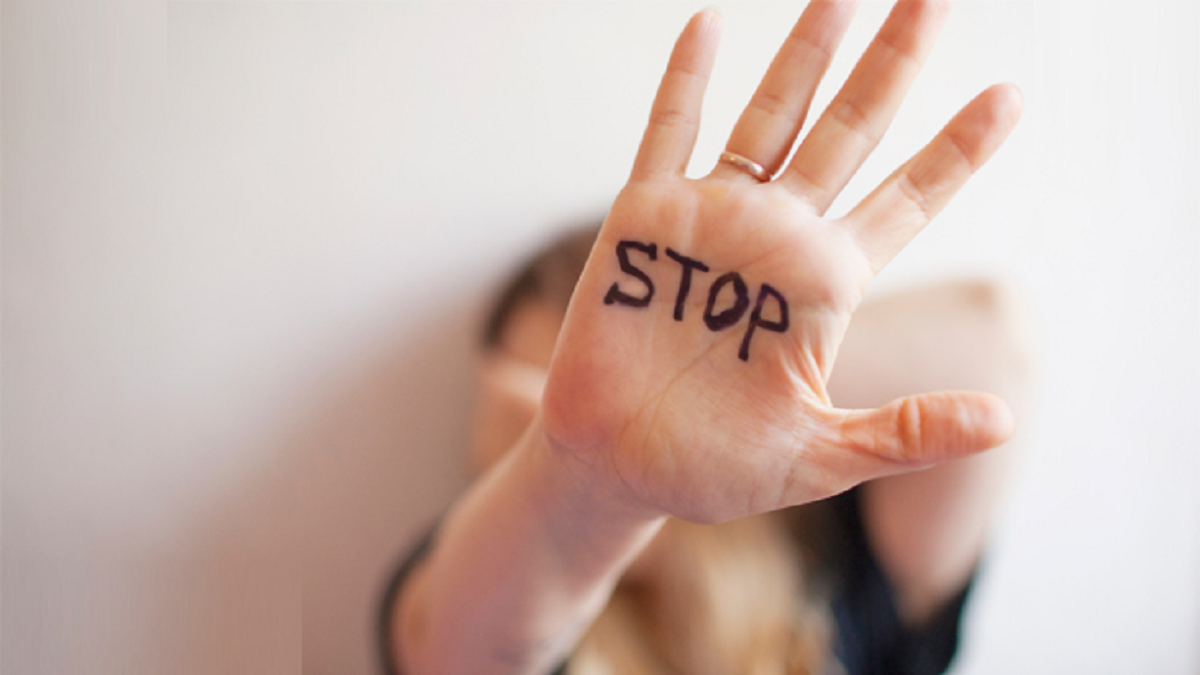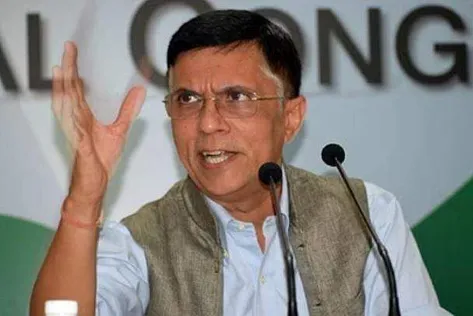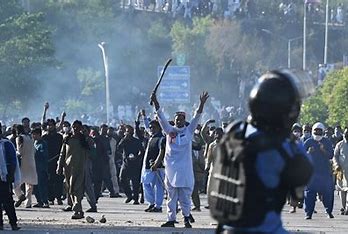
“The situation, in which we are placed today, is one which the country – and, indeed, the world – has not witnessed earlier and, hopefully, would not have to witness again. It is incumbent, on every member of the populace, to be aware of the forbidding nature of the struggle, between man and microbe, in which each one of us is a participant, willing or unwilling. A joint, cohesive and concerted effort, alone, can result in success in this struggle. This would involve, in its wake, certain sacrifices, which, within the peripheries of the law, each one of us has to make. We cannot afford, in such a situation, to balk at inconveniences.” – Justice D.N. Patel, Chief Justice, High Court of Delhi, in Naresh Kumar v. Director of Education W.P.(C) 2993/2020.
The COVID-19 pandemic has spread like wildfire in the entire world and is hardly showing any signs of disappearing anytime soon. COVID-19 has not reached its peak even now and the future looks capricious while we swedge against this ruinous virus. Mental health problems are becoming more numerous, with the efflux of time, and lucid panaceas look like a distant dream. We have to become proficient in living with this deadly virus until a fruitful vaccination for COVID-19 springs up. The mushrooming pandemic has brought various challenges before us and one of the most infelicitous challenges is the problem of domestic violence against women which has affected their physical, mental, and social well-being during these unprecedented times. Between March 25, 2020 and May 31, 2020, the National Commission for Women has received 1,477 complaints of domestic violence which means the commission has received a large number of complaints during this pandemic and this worrying rise in the number of complaints of domestic violence is a matter of grave concern. The increase in the number of cases of domestic violence during the lockdown is not only due to the corralling of people in their abodes but it is also due to various other factors such as mental sufferings, loss of jobs, frustration, reduction in income, alcohol abuse and restricted social support. According to the World Health Organization, one in every three women across the globe experience physical or sexual violence in their lifetime. Also, according to Phumzile Mlambo-Ngcuka, Executive Director of UN Women, a shadow pandemic is growing and that is violence against women. Some national studies show that up to 70% women have experienced physical and/ or sexual violence from an intimate partner in their lifetime.
In our country, before the advent of the Protection of Women from Domestic Violence Act, 2005, the victims of domestic violence were able to approach the court under Section 498-A of the Indian Penal Code, 1860, which provides for husband or relative of husband of a woman subjecting her to cruelty. Therefore, the Protection of Women from Domestic Violence Act, 2005, was enacted to protect women from domestic violence. The Act aims to provide for effective protection of the rights of women guaranteed under the Constitution of India who are victims of violence of any kind occurring within the family and for matters connected therewith or incidental thereto. The Act’s primary objective is to protect a woman from cruelty or any kind of violence committed on her by her in-laws or husband at her matrimonial home. In Indra Sarma v. V.K.V. Sarma, (2013) 15 SCC 755, it was observed that to provide more effective protection of rights of women guaranteed under the Constitution under Articles 14, 15, and 21, who are victims of violence of any kind occurring in the family, the Parliament enacted the Protection of Women from Domestic Violence Act, 2005.
Under the Protection of Women from Domestic Violence Act, 2005, the Central Government and every State Government, have to take all measures to ensure that the provisions of the Act are given wide publicity through public media including the television, radio, and the print media at regular intervals. The officers of the Central Government and State Governments including the police officers and the members of the judicial services have to be given periodic sensitization and awareness training on the issues addressed by the Act. There has to be effective coordination between the services provided by concerned Ministries and Departments dealing with law, home affairs including law and order, health and human resources to address issues of domestic violence. Therefore, the Central Government and State Governments have significant duties under the Protection of Women from Domestic Violence Act, 2005, for the protection of the rights of women guaranteed under the Constitution who are victims of violence of any kind occurring within the family. In Shyamlal Devda v. Parimala, (2020) 3 SCC 14, it was held that a petition under the Protection of Women from Domestic Violence Act, 2005, can be filed in a court where an aggrieved person, permanently or temporarily resides or carries on business or is employed.
Protection Officers by the Government have to be appointed under Section 8 of Protection of Women from Domestic Violence Act, 2005, for dealing with the problems of domestic violence, who are authorized to come up with immediate help to the victims of domestic violence before approaching Courts. The Protection Officers have to work under the control and supervision of the Magistrate and have to perform the duties imposed on them by the Magistrate and the Government. They are required to assist the Magistrate in the discharge of his functions under the Act and make a domestic incident report to the Magistrate upon receipt of a complaint of domestic violence and forward copies to the police officer in charge of the police station within the local limits of whose jurisdiction domestic violence is alleged to have been committed. They have to make an application to the Magistrate if the aggrieved person claims relief for issuance of a protection order. They have to ensure that the aggrieved person is provided legal aid under the Legal Services Authorities Act, 1987, and they have to make available a safe shelter home for the aggrieved person if required, and also get the aggrieved person medically examined, if she has sustained bodily injuries. Therefore, the Protection Officers have important duties under the Act which they need to carry out robustly.
It is a distant dream for the economically weaker sections of the society to lodge a complaint online or call a helpline number for reporting a case of domestic violence which adds more troubles to their already existing problems. Mental health effects of domestic violence are also on the rise along with the physical effects. Women are falling prey to depression, anxiety, and other problems which are affecting their psychological well-being. The government needs to take concerted steps so that effectual protection of women is encouraged, even in times of a pandemic, when women are not able to resort to courts or police stations. In Santosh Bakshi v. State of Punjab, (2014) 13 SCC 25, it was held that the complaint made by any woman alleging offence under the Protection of Women from Domestic Violence Act, 2005 committed by any member of the family, is to be looked upon seriously. It was further held that the police without proper verification and investigation cannot submit a report that no case is made out. The investigating agency is required to make proper enquiry not only from the members of the family but also from neighbours, friends, and others. After such enquiry, the investigating agency may form a definite opinion and file report but it is for the court to decide finally whether to take cognizance for any offence under any of the provisions of the Protection of Women from Domestic Violence Act, 2005.
As the cases of domestic violence affecting the mental, psychological, physical, and social well-being of women are on the rise all over the world and in our country as well, significant measures need to be taken to eliminate such a peril. Concerted steps have to be taken by the Central Government and State Governments to appoint such protection officers who are available at all times and can address the problems of the aggrieved victims constructively. Helplines have to made available at all times for the victims so that they are in a position to report complaints to the authorities for the redressal of their grievances. Numerous countries have taken important steps to curb the menace of domestic violence and cruelty in times of a pandemic but more such efforts are required, to make the world a better place to live which is free from domestic violence, cruelty, and abuse against women. The Government needs to designate places for reporting of domestic violence which may be formal or informal because the world is still under a strict lockdown and such places or shelters also need to be identified where women can stay when forced to leave their connubial homes. Publicity has to be given, highlighting the ill-effects of domestic violence and abuse, on the physical, mental, and social well-being of women and awareness needs to be the order of the day. In such a situation, mediators can play a vital role in curbing the hazardous effects of domestic violence. Mediators, through online mediation and their expertise, can use significant methods to teach the aggrieved victims such skills which are required to tackle the illeffects of domestic violence on mental and physical well-being. Women without access to phones can be helped by the Government by employing such people in a region who can address the problems of the victims more lucidly. Online counselling sessions on mental health must be organized by non-governmental organizations, governmental organizations, etc., so that people are encouraged and motivated to lead a peaceful life at this disturbing juncture. These sessions have to be encouraged for women and girls to enable them to think positively at all times. Thus, we are all duty-bound to rise to the occasion and take sincere steps to curb the menace of domestic violence and its harmful effects so that another pandemic does not emerge.















